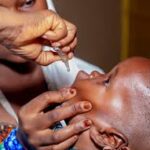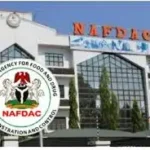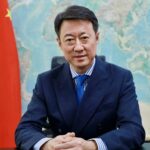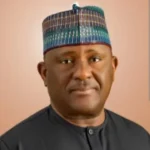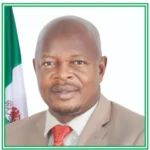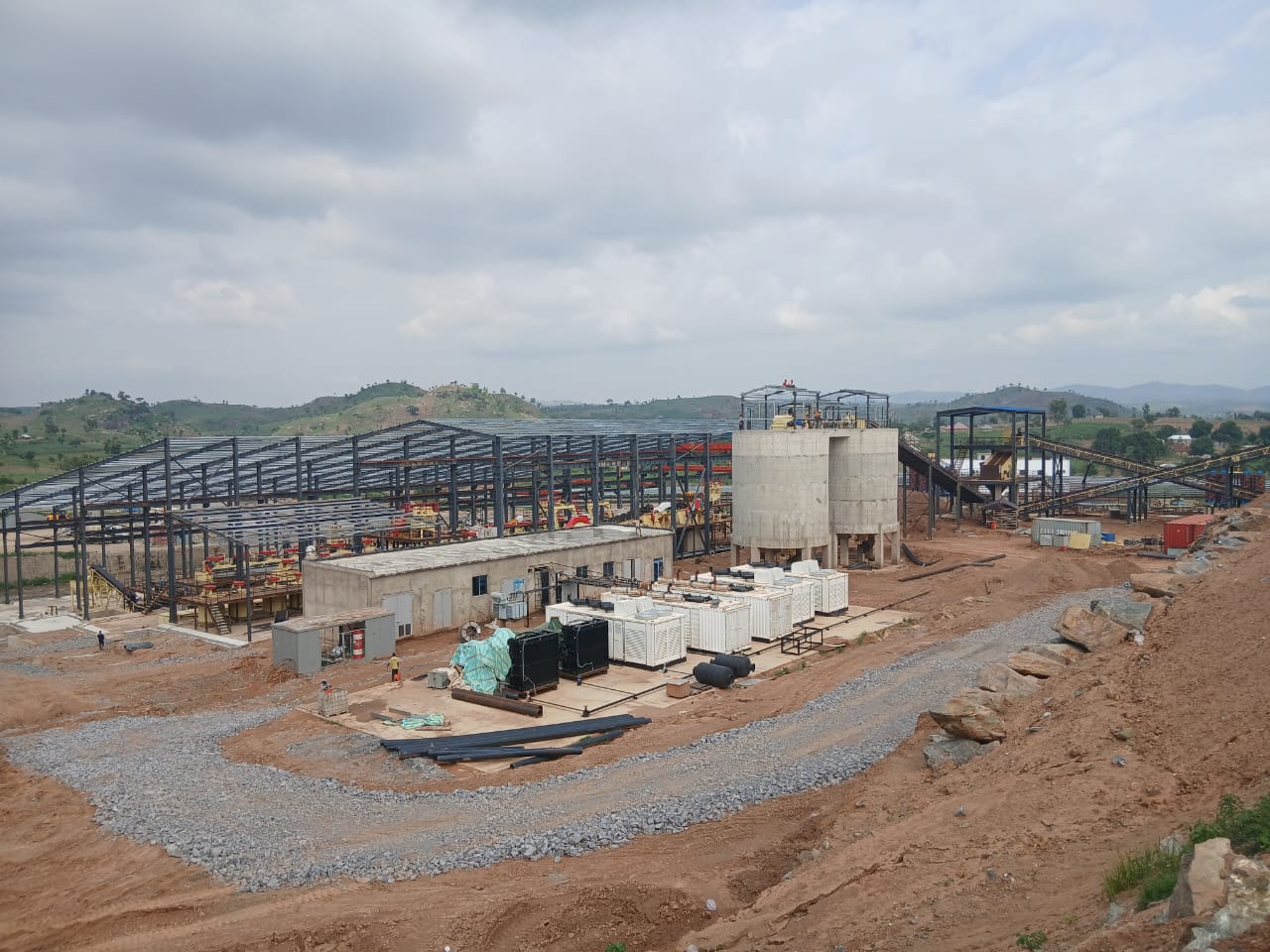By Martha Agas, News Agency of Nigeria (NAN)
Africa holds about 30 per cent of the world’s mineral resources.
However, most of these are exported in raw form, earning the continent only a small share of their eventual market value.
Analysts say this pattern has created a structural imbalance, where African countries end up re-importing high value finished products made from their own raw materials at higher costs.
For example, Zambia exports nearly 80 per cent of its copper in unprocessed form, only to import copper-based goods such as cables and electrical equipment.
Similarly, Guinea holds some of the world’s largest reserves of bauxite, used in aluminium production, but undertakes very little local refining, resulting in a continued reliance on imported aluminium products.
The Democratic Republic of Congo (DRC), which supplies more than 70 per cent of the global cobalt used in lithium-ion batteries, also exports mainly raw or semi-processed cobalt hydroxide.
Consequently, it captures only a fraction of the total value chain, while importing expensive battery components and electronics.
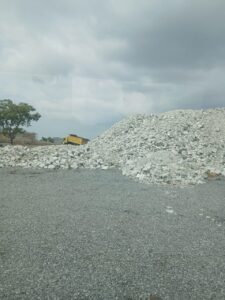
In Nigeria, the trend is no different.
According to the National Bureau of Statistics (NBS), in 2023, more than 90 per cent of the country’s export value came from unprocessed mineral products, mostly ores and concentrates exported in raw form.
Similarly, the World Trade Organisation (WTO) estimates that Africa’s exports of intermediate goods (excluding fuels) were worth 312 billion dollars in 2022.
These exports, which include ores, precious stones, and agricultural commodities, continue to supply global industries but contribute little to local industrialisation.
Stakeholders argue that this persistent outflow of raw materials, especially crucial minerals, sustains industries abroad while depriving African nations of opportunities for value addition, job creation, and inclusive development.
In spite of this wealth, Africa continues to rank low on global development indices.
The latest UN Human Development Report 2023/24 shows that more than half of the world’s 20 lowest-ranked countries are in Africa.
In Sub-Saharan Africa, approximately 37 per cent of the population lives on less than 2.15 dollars per day.
Experts contend that this trend must be reversed if Africa is to fully harness its mineral wealth for development.
With the region holding many of the world’s critical minerals needed for the global energy transition, the timing for reform is urgent.
They advocate a shift from raw material exports to the production of high value finished goods.
Such a strategy, they note, would not only boost export earnings but also meet local development needs, including access to clean energy, job creation, and improved infrastructure.
Prof. Shekwonyadu Iyakwari, an expert in Applied Mineralogy and Exploration Geology at the Federal University of Lafia, revealed another concern.
He noted that many ore deposits in Nigeria contain multiple valuable minerals, yet companies often declare only one or two for export.
“When companies start processing here, we will see that what we allow them to export is beyond what is declared. Processing locally will go a long way in helping our economy,” he said.
Meanwhile, civil society organisations continue to warn that this pattern of external dependency, what they call a ‘mineral heist’ will persist unless unfair trade structures, weak governance, and limited local value addition are urgently addressed.
To change this narrative, several African countries are taking steps to retain more value from their resources.
Many governments are now revisiting old mining agreements and renegotiating terms to ensure fairer conditions, greater local content, and increased domestic processing.
For instance, Zambia and the DRC have come under growing pressure to review contracts with foreign mining firms.
Both countries are currently exploring joint initiatives to establish local battery manufacturing plants, aiming to capture more value from their copper and cobalt resources (Bloomberg Africa Mining Report, 2023).
In Nigeria, the Federal Government introduced a value addition policy in 2024 under the administration of President Bola Tinubu.
The policy requires mining companies to submit clear plans for local processing before they can obtain operating licences (Federal Ministry of Solid Minerals).
The Minister of Solid Minerals, Mr Dele Alake, has also championed regional cooperation.
On January 9, 2024, during the third Future Minerals Forum in Riyadh, he unveiled the Africa Minerals Strategy Group (AMSG) with 16 African countries as founding members.
According to Alake, the AMSG seeks to empower African nations to collectively shape policies and fully benefit from their mineral wealth through harmonised strategies and cooperation.
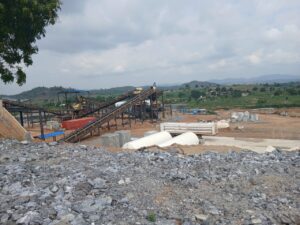
This momentum continued at the fourth edition of the African Natural Resources and Energy Investment Summit (AFNIS), held from July 15 to 17, under the theme: ‘Harnessing Local Content for Sustainable Development’.
The summit focused on shifting Africa’s mineral development model, from exporting raw materials to building local industries, refining minerals, generating energy, and creating jobs.
In its communiqué, participants resolved to prioritise local content and build strong domestic value chains, especially in mineral processing and industrialisation.
“AFNIS 2025 served as a vital platform for African nations and the private sector to reinforce their commitment to the inclusive, sustainable, and value-driven development of their natural resources and energy sectors.
“This is to ensure that the continent’s immense wealth benefits its people,” the communique read.
Delegates also agreed to mobilise domestic capital to fund strategic projects through a new initiative known as the ‘Africans for Africa’ fund.
This is expected to strengthen African ownership of natural resources and reduce reliance on foreign exploration firms.
The summit explored ways to better harness local resources, from minerals and renewable energy to skilled human capital to drive sustainable economic growth.
Discussions also focused on accelerating access to renewable energy, closing the energy access gap, and expanding partnerships and investment in the green economy.
In addition, African mining ministers and CEOs of leading mining companies pledged to expand regional mineral testing infrastructure and proposed the creation of joint industrial corridors and shared processing facilities.
These are expected to scale up local beneficiation and reduce export dependency.
Experts believe that if current value addition efforts across Africa are sustained, more companies will be established to manufacture finished goods from the continent’s vast natural resources.
Thus, unlocking a new era of industrial growth and inclusive development. (NANFeatures)
***If used, please credit the writer and the News Agency of Nigeria.


